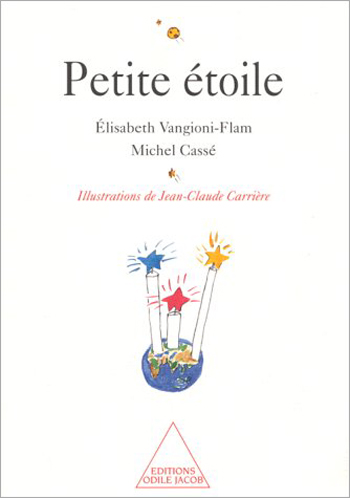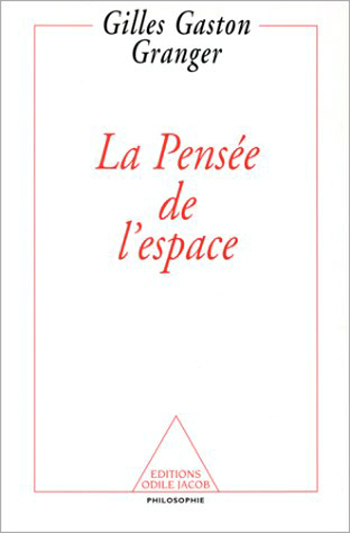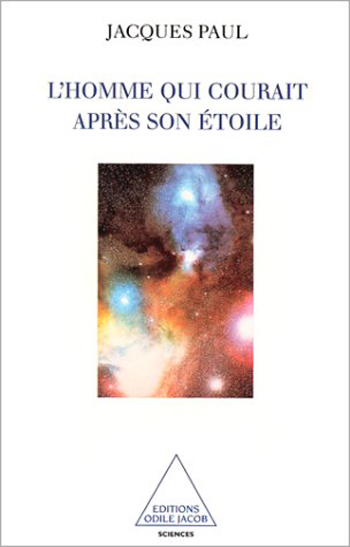Astronomy, Astrophysics, Cosmology All books
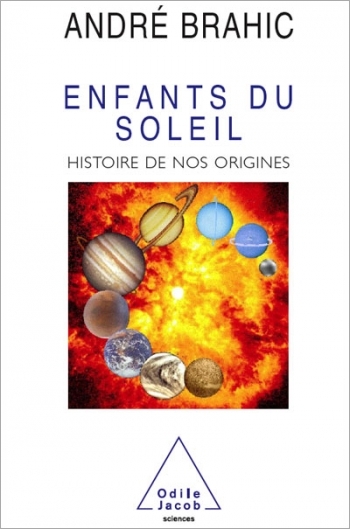
André Brahic
Children of the Sun The History of Our Origins
In less than a century, scientists have acquired enough information to try to explain the origin of life, to realise that there may be other life forms in the universe, and to begin to understand the birth of our planet and its future. André Brahic writes about the planets, the stars and the universe without forgetting the role played by human beings who are themselves made from solar atoms and are thus truly "children of the sun". André Brahic, an astronomer, is known for discovering the rings of Neptune.
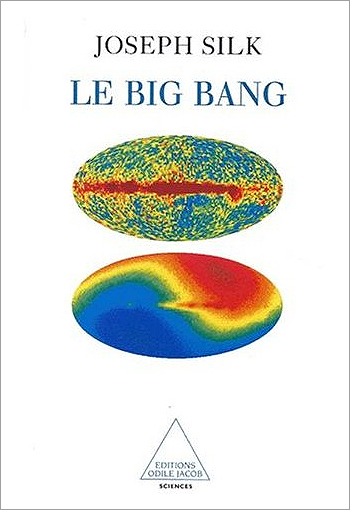
Joseph Silk
The Big Bang
Silk's story begins with the first moments of the big bang and continues though the formation of the galaxies on to the distant future of our universe. Whether you're looking for an accessible history of the universe, answers to questions about matter and antimatter, quasars, black holes, and others oddities, or simply a fascinating story spanning time and space, you will find The Big Bang hard to put down. Joseph Silk, coauthor of The Left Hand of Creation, teaches astronomy at the University of California at Berkeley.
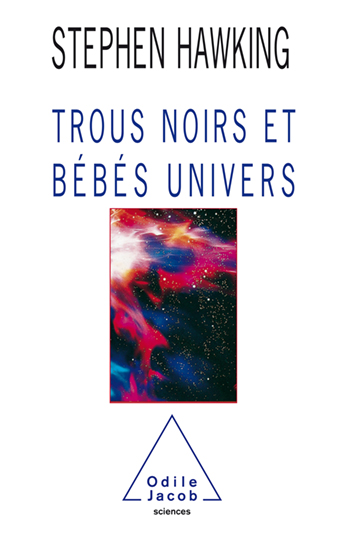
Stephen Hawking
Black Holes and Baby Universes
Singlehandedly, Stephen Hawking has profoundly transformed the way we look at the universe...
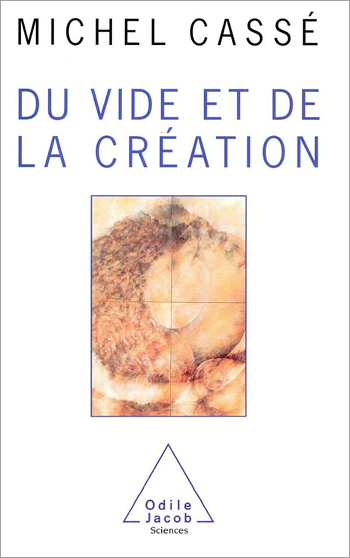
Michel Cassé
Nothingness and Creation
This book is foremost a piece of scientific popularization. M. Cassé leads us on an historical stroll through physics. First we meet the ideas of Galileo and Newton. Then Einstein modifies the classical notions of time and space. Finally quantum mechanics revolutionize our sense of matter. On a deeper level, Cassé sees physics as an arena for debate on the nature of reality. This is why scientific discourse often tends toward reverie and poetic meditation, particularly when concerning itself with the void, a central notion for modern physics and the complex protagonist of Cassé's scientific journey.
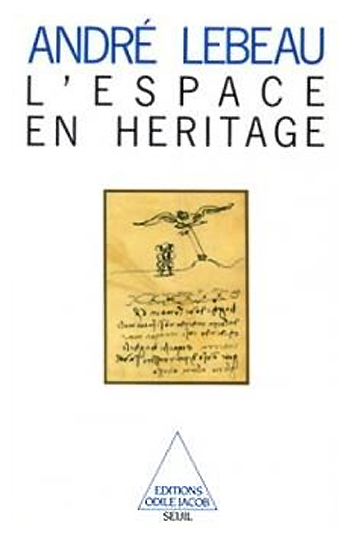
André Lebeau
The Space Legacy
Man has begun to realize one of his most ancient dreams: to overcome gravity, to conquer space, to explore the universe. André Lebeau sheds light on some of the stakes of this quest. By examining the logic of evolution which drives us to explore, and then to occupy, discovered continents, Lebeau traces the perspectives that the possible colonization of outer space opens to humanity. In so doing, he offers a new viewpoint on the dynamics of scientific and technological progress.

